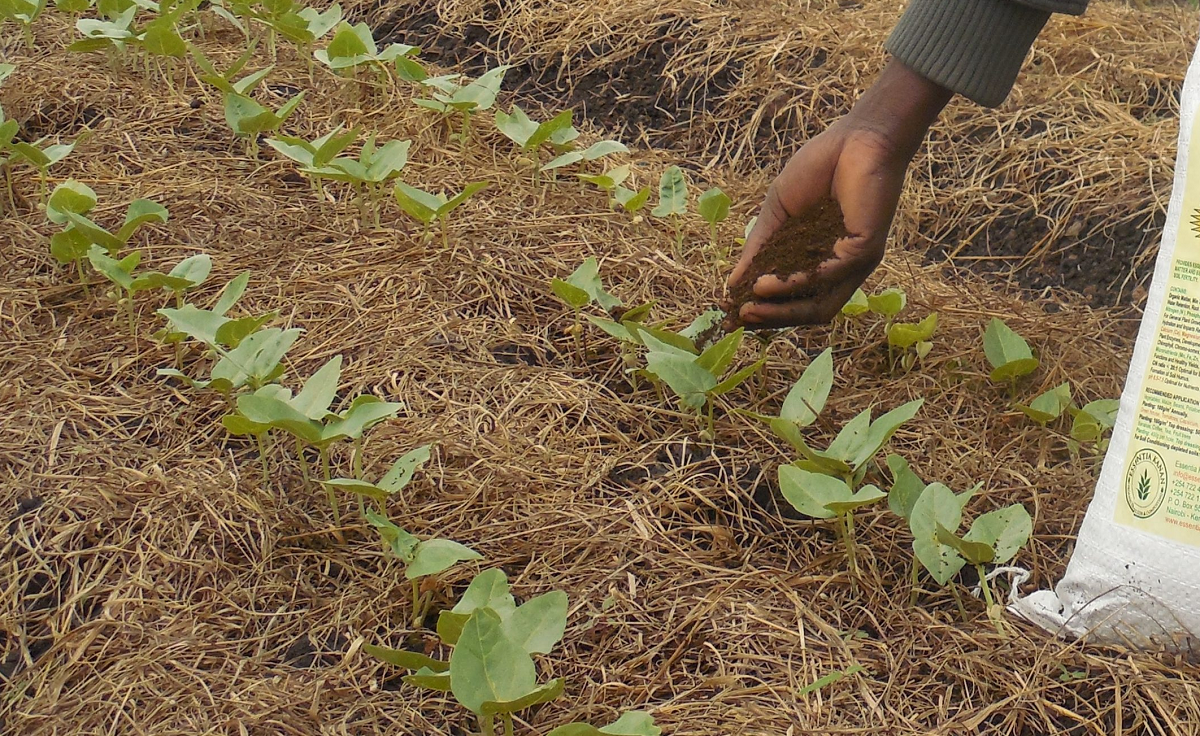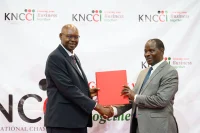On 12th June 2006, The African Union Special Summit of the Heads of State and Government convened and adopted a 12-resolution framework dubbed the “Abuja Declaration on Fertilizer for the African Green Revolution”. It sought to guide sub-Saharan African countries on the measures to take to improve soil health and revolutionise farming by increasing fertiliser use in an enhanced, more enabling environment.
But, 16 years later and Africa still struggles to actualise the declarations made in Abuja. Given the strategic importance of fertiliser in achieving the African Green Revolution to end hunger, the Abuja Declaration resolved to increase the use of fertiliser from eight kilograms per hectare to an average of at least 50 kilograms per hectare by 2015.
However, this is yet to become a reality. According to a report by the UN Food and Agriculture Organization titled Boosting Africa’s Soil, nutrient consumption per hactare is still relatively low, with most countries falling far below the target of 50kg/ha, which has slowed progress.
The second goal was to take concrete measures to specifically address the fertiliser needs of farmers, especially women, and to develop and strengthen the capacity of the youth, farmers’ associations, civil society organisations, and the private sector. Unfortunately, to date farmers have limited knowledge about input use and are risk averse. In addition, there continue to be learning costs, so initial returns to input use are low but are bound to increase with experience. Research is not only needed but must be made available if we are to empower African farmers.
The third declaration and one of our focus points would be improving farmers’ access to fertiliser by granting targeted subsidies in favour of the fertiliser sector, with the support of Africa’s development partners, with special attention given to poor farmers. To this end, significant investments have continued to be made for the value-added utilisation of mineral deposits and natural gas on the continent. This would help Africa address issues to do with fertiliser availability and use.
Whether or not the Abuja declarations would work is not in question. What demands attention is the slow progress made over the years and whether there is a need for a paradigm shift in the way we look at food security, soil health, and the use of fertilisers in Africa.
See Also >> Soilless Farming Attracts More Youth In Kenya
Data is increasingly becoming the world’s greatest commodity. However, the many information outlets sometimes make it difficult and expensive to locate exactly what you need. This does not work well for the African farmer and works against achieving the goals set out in the Abuja declaration.
To curb this, a one-stop platform that enables farmers to get an educatíon, plan for the future and access otherwise limited or expensive resources would be a great advantage. It would also accelerate the progress of the Abuja declaration beyond our imagination.
The International Fertilizer Development Center (IFDC) and its partners are looking to launch and rebrand AfricaFertilizer.Org. This portal aims to fill critical fertiliser information gaps, increase data-driven policy and investment decisions in the fertiliser sector, and develop comprehensive, user-centred fertiliser data dashboards.
The goal is to support development partners and the private sector to respond efficiently and effectively to changes in the fertiliser market, which would ensure that sufficient quantities and appropriate fertilisers reach farmers at the right time for planting.
As the rest of the world embraces technology, it is time for farmers to be incorporated in this advancement, and data is the key driver to a faster shift in the agriculture space.
Next Read >> Inside Twiga Foods High-Tech Farming Project


![Co-op Bank continued its digital transformation in line with industry trends in the period under review, shifting 94 percent of transactions away from brick-and-mortar banking halls. [Photo/ Co-op Bank]](https://businesstoday.co.ke/wp-content/uploads/2022/11/Co-operative-Bank-Managing-Director-Dr.-Gideon-Muriuki-addresses-shareholders-during-the-banks-virtual-Annual-General-Meeting-hosted-by-the-bank-on-Thursday-22-October-2020..-150x150.jpg)
![Anthony Ng'ang'a Mwaura pictured next to President William Ruto at a past function. The businessman, who primarily runs construction companies, is considered a close ally of Ruto. [Photo/ Twitter]](https://businesstoday.co.ke/wp-content/uploads/2022/11/am-150x150.jpg)









Leave a comment